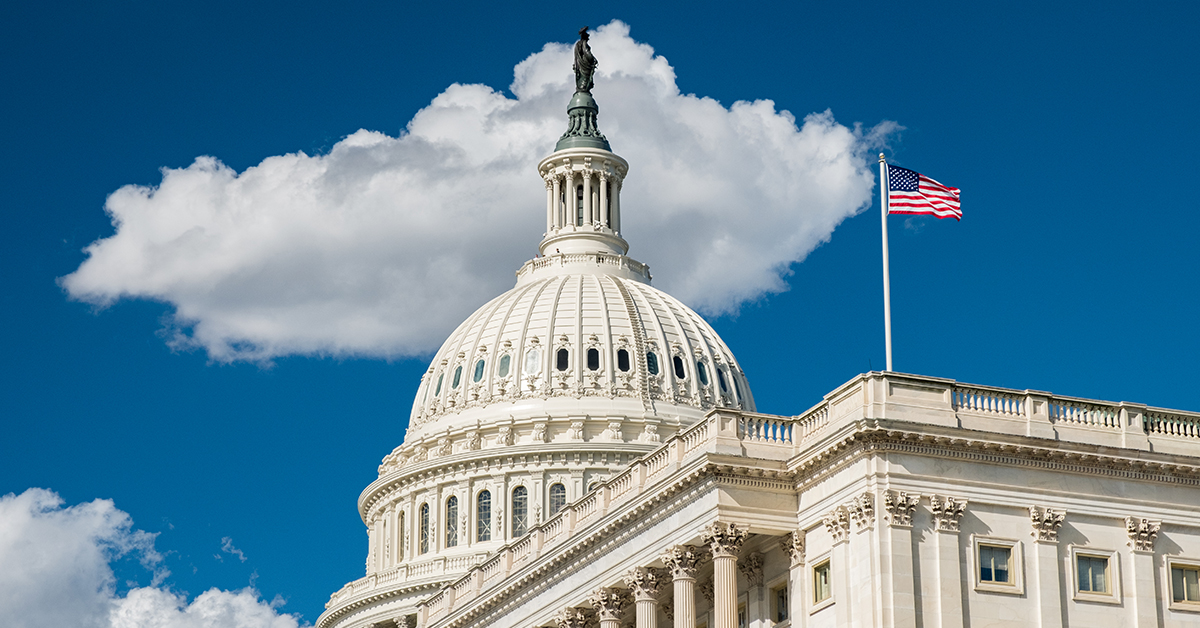$8.3 Billion Emergency Supplemental Spending Bill Passed in Response to COVID-19

Last week the House passed an $8.3 billion emergency supplemental spending bill in response to the novel coronavirus (COVID-19). The bipartisan package, which includes nearly $7.8 billion for agencies dealing with the virus, comes after days of intense negotiations. It is not immediately clear how local officials will be able to access these funds, but they are advised to track potential eligible expenses – just as they would in preparation for and in response to a hurricane.
Florida’s initial allocation was released yesterday to the State Department of Health and totals $27,296,306.
House and Senate leaders are currently negotiating between each chamber and the White House to come to a consensus on a second package that would also begin to address additional investments in testing, paid emergency leave, food security, and enhanced unemployment insurance.
The following is a breakdown of how the emergency supplemental bill funds will be allocated in the first wave of funding and in regard to global affairs, humanitarian efforts, and state operations.
The first wave of federal investment:
The first wave of federal investment will be split between the Food and Drug Administration (FDA), Small Business Disaster Loans, and the Centers for Disease Control and Prevention (CDC). The allocated funding will be as follows:
- Food and Drug Administration – $61 million to facilitate the development and review, both pre-market and post-market, of medical countermeasures, devices, therapies, and vaccines to combat the coronavirus.
- Small Business Disaster Loans – Allows $1 billion in loan subsidies to be made available to help small businesses, small agricultural cooperatives, small aquaculture producers, and nonprofit organizations which have been impacted by financial losses as a result of the coronavirus outbreak. This funding could enable the Small Business Administration to provide an estimated $7 billion in loans to these entities.
- Centers for Disease Control and Prevention – $2.2 billion to support federal, state, and local public health agencies to prevent, prepare for, and respond to the coronavirus, including:
- $950 million, of which $475 million must be allocated within 30 days, to support States, locals, territories, and tribes to conduct public health activities such as: surveillance for coronavirus; laboratory testing to detect positive cases; contact tracing to identify additional positive cases; infection control at the local level to prevent additional cases; migration in areas with person-to-person transmission to prevent additional cases; and other public health preparedness and response activities.
- A general provision to reimburse State or local costs incurred for coronavirus preparedness and response activities between January 20 and the date of enactment of this emergency supplemental.
- A proviso to allow funds to be used for construction or renovation of facilities to improve preparedness and response capabilities at the State and local level.
- $300 million to replenish the Infectious Diseases Rapid Response Reserve Fund, which supports immediate response activities during outbreaks.
- At least $300 million for global disease detection and emergency response.
More than $3 billion for research and development of vaccines, therapeutics, and diagnostics to prevent or treat the effects of coronavirus, will also include:
- $10 million for worker-based training through the National Institute of Environmental Health Sciences to prevent and reduce exposure of hospital employees, emergency first responders, and other workers who are at risk of exposure to coronavirus through their work duties.
- $2 million for the HHS Office of Inspector General to conduct oversight of activities related to coronavirus preparedness and response.
- Authority for HHS to hire public health experts, as expeditiously as necessary, to perform critical work relating to coronavirus.
International:
Federal investment in international affairs will be divided as follows:
- State Operations – $264 million for consular operations, emergency evacuations of State Department staff and dependents, and other emergency preparedness needs at embassies around the world. Increases transfer threshold for emergency evacuations from $10 million to $100 million.
- Global Health Response – $435 million to support health systems overseas to prevent, prepare and respond to the coronavirus, of which $200 million is for the Emergency Reserve Fund.
- Humanitarian Assistance – $300 million to respond to humanitarian needs arising in countries coping with a coronavirus disease outbreak.
- Economic and Security Stabilization – $250 million to protect against the effects of an outbreak including economic, security, and stabilization requirements.
- Oversight – $1 million for the USAID Inspector General to perform oversight of coronavirus response activities.





